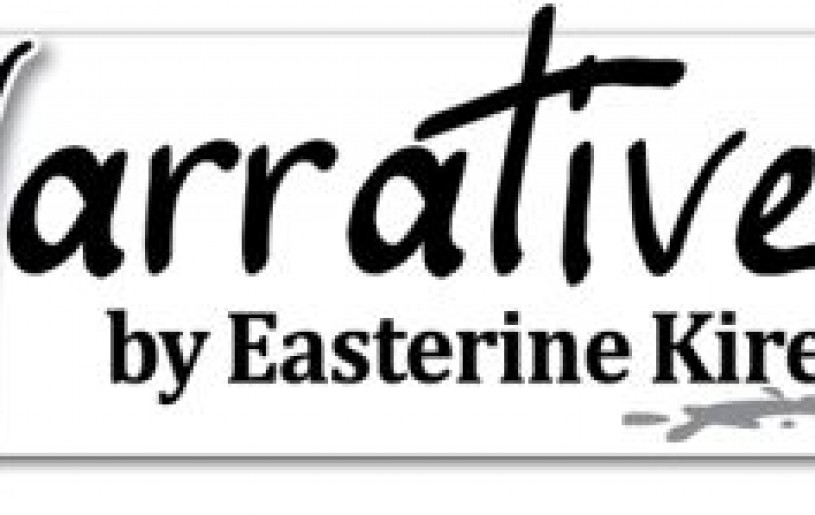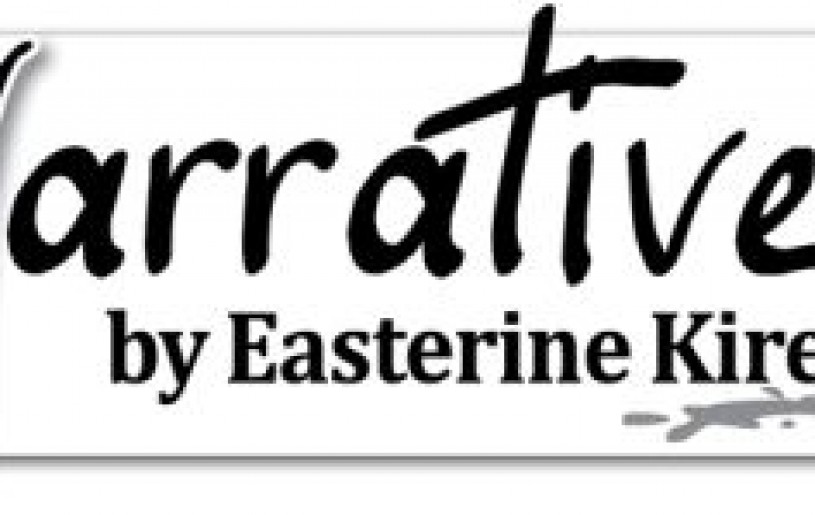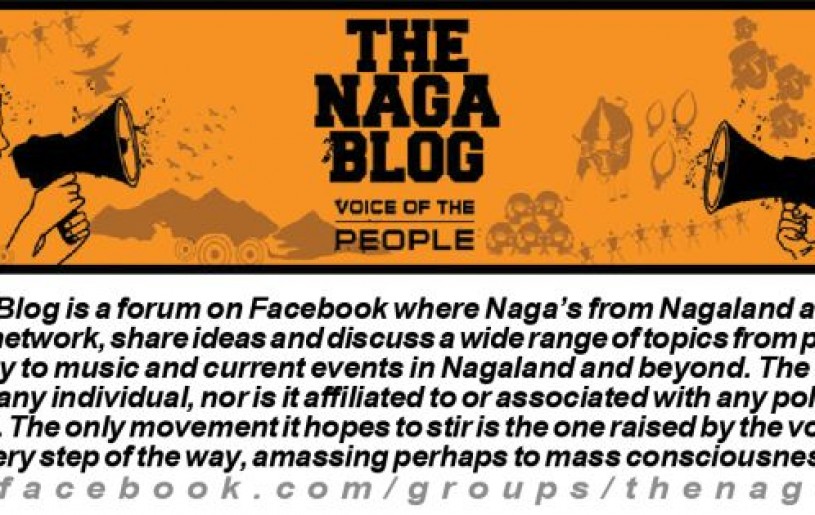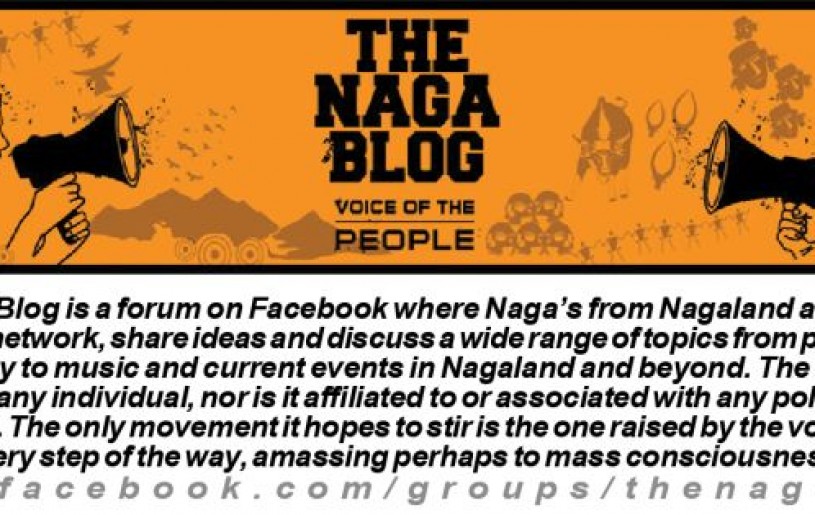
Book Review: Book Review: Aosenla's Story; Author: Temsula Ao; Publisher: Zubaan; Paperback; Pages: 203; Price: Rs 495
Wapangla Imchen
At a confusing time of noises erupting for women empowerment and gender equality, Aosenla’s Story presents an interesting and thought provoking read which might help one to clear the air of uncertainty hovering in the minds of many who sought the answers to Equality and Justice. The most respected and admirable writer of our time Temsula Ao tells us a story about an Ao Naga lady and her personal journey from an early ‘forced’ marriage up to her struggle to being a wife, daughter-in-law and mother. This fictional story depicts how tradition and customs can still exert a mounting pressure on people’s lives in this seemingly modern generation. This is a story of a woman whose journey to search for her true self, gives the readers the confidence to be in control of their circumstances.
It is ironic but true that this story clearly gives us a picture about the male dominated Naga society especially among the Ao tribe, marked by ancient tradition and superstitions. I can confidently cite that, being an Ao Naga lady myself. Fortunately, I grew up in a family where an educated mum and an understanding dad (ignorant sometimes but his empathetic and benevolent nature overcomes it) did not make me feel nor experience the pressure exerted by tradition and custom. My sisters and I were blessed to be encouraged to become strong and independent women, like most of the Naga women these days.
The same was not the case in Aosenla’s Story. Her story is the bitter experiences of many women before and even now. Born in an underprivileged family, a marriage to a rich man’s son (a black sheep to be precise) was an ideal choice for her dad to force his daughter to marry when she was yet to finish her college education. Almost all the pages in the book give the readers especially me, an uncomfortable and helpless situation because of Aosenla’s character as a meek and obedient wife, disrespected by her husband and his family. And to add to the misery, the birth of two baby girls continuously despite the desperate expectation of the in-laws family for a boy makes it a more pathetic situation.
The first half of the book gives us the sad but true picture of the Naga society afflicted by the belief and practice of ignorant traditions, customs and superstitions. However, the readers can rejoice with the changes or rather transformation that takes place from the second half of the book: Changes, in the way, the naïve Aosenla becomes more determined and strong to have a voice in the family as well as in the society. Changes, in her husband’s character as in, freedom from the clutches of narrow perception which also makes it apparent about how the older generation (the baby boomers) can still have a mighty influence and hold over the present generation (the Gen Xers and the Millennial).
In conclusion, the book can serve as an inspiration – for those who need to find their truer self – and for those who need to free themselves from their insecurities and doubts – and most importantly, for those who desperately need to develop how to strike a balance between tradition and the modern demands of the Millennial generation.
Wapangla Imchen is an Assistant Professor of Management Studies and is an ardent reader. Her obsession with Naga writers started with Easterine Kire’s book ‘Mari’. She likes to occasionally write reviews of books that inspire and motivate her.






